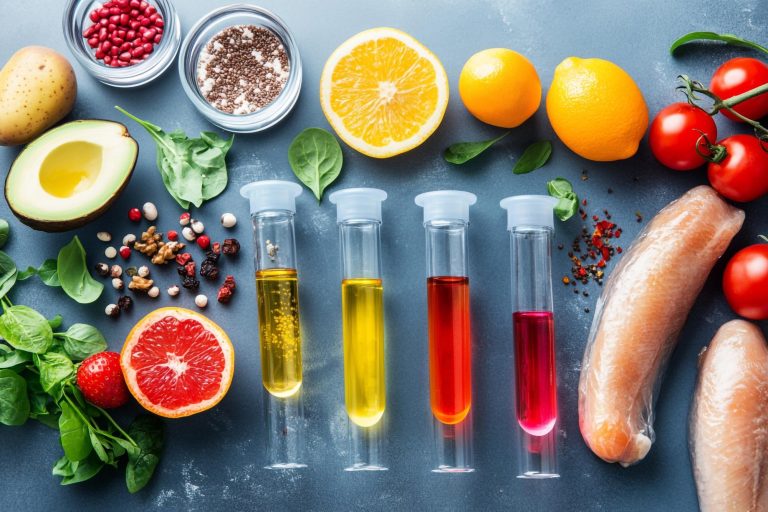What Are Omega Fatty Acids
Omega fatty acids are essential fats that your body cannot produce on its own, except for omega-9, which means they must be obtained through food. These healthy fats are vital for hormone production, brain function, immune response, and cell growth. The three main types—omega-3, omega-6, and omega-9—each play unique yet complementary roles in maintaining overall health. Modern diets, high in processed oils and fast food, often disrupt the natural balance of these fats, making it crucial to choose the right oils for daily use.
Omega-3 Fatty Acids: The Anti-Inflammatory Powerhouse
Omega-3 fatty acids are essential for reducing inflammation, supporting brain function, and maintaining heart health. They form an important part of cell membranes, especially in the brain, improving nerve communication and emotional balance.
Benefits of Omega-3s: They help lower blood pressure, reduce triglycerides, enhance cognitive performance, and strengthen the immune system. They also support healthy, hydrated skin and help reduce acne and irritation.
Best Sources: Flaxseed oil, chia seed oil, walnuts, hemp seeds, fatty fish like salmon or mackerel, and algae oil for plant-based diets. Flaxseed or chia oils are best used raw in salads or smoothies since heating can damage their nutrients.
Omega-6 Fatty Acids: Essential but Easily Overdone
Omega-6 fatty acids are important for brain development, metabolism, and skin health. However, consuming too much can lead to inflammation, especially when the diet is rich in refined vegetable oils or processed foods.
The Omega-6 to Omega-3 Balance: The ideal ratio is around 4:1 or lower, but many modern diets reach 20:1 due to excessive omega-6 intake. Restoring balance by increasing omega-3 consumption is key to preventing inflammation-related conditions.
Best Sources: Cold-pressed sunflower, safflower, and sesame oils, as well as nuts and seeds. Therapeutic oils like evening primrose and borage oil can also help regulate hormones and support skin health.
Omega-9 Fatty Acids: The Heart-Friendly Fat
Omega-9 fatty acids are non-essential since the body can produce them, but consuming them provides significant health benefits. These fats help lower LDL (“bad”) cholesterol and raise HDL (“good”) cholesterol, promoting cardiovascular health. They also improve hormone balance and support metabolism.
Best Sources: Extra virgin olive oil, avocado oil, almonds, cashews, and macadamia nuts. Olive oil is ideal for dressings, drizzling over cooked dishes, or light sautéing, making it one of the most versatile and beneficial oils for everyday use.
Choosing the Right Oils for Optimal Health
Not all oils are equally healthy. The method of extraction and how they are used can make a big difference.
Tips for Choosing Oils:
- Choose cold-pressed or extra virgin oils to retain nutrients and antioxidants.
- Avoid refined or hydrogenated oils that contain trans fats.
- Match the oil to its purpose: olive or avocado oil for medium-heat cooking, flaxseed or hemp oil for raw dishes, and coconut oil for higher-heat cooking.
Storage Tip: Keep oils in dark glass bottles, stored in a cool, dark place to prevent oxidation and spoilage.
Bringing It All Together
Balancing omega fatty acids is not about avoiding one type but ensuring they work together harmoniously. Favoring omega-3-rich foods, moderating omega-6 intake, and including omega-9s supports lasting energy, healthy skin, mental clarity, and a strong heart. Simple choices—like using natural, cold-pressed oils—can make a profound difference, helping your body thrive and stay balanced from within.







